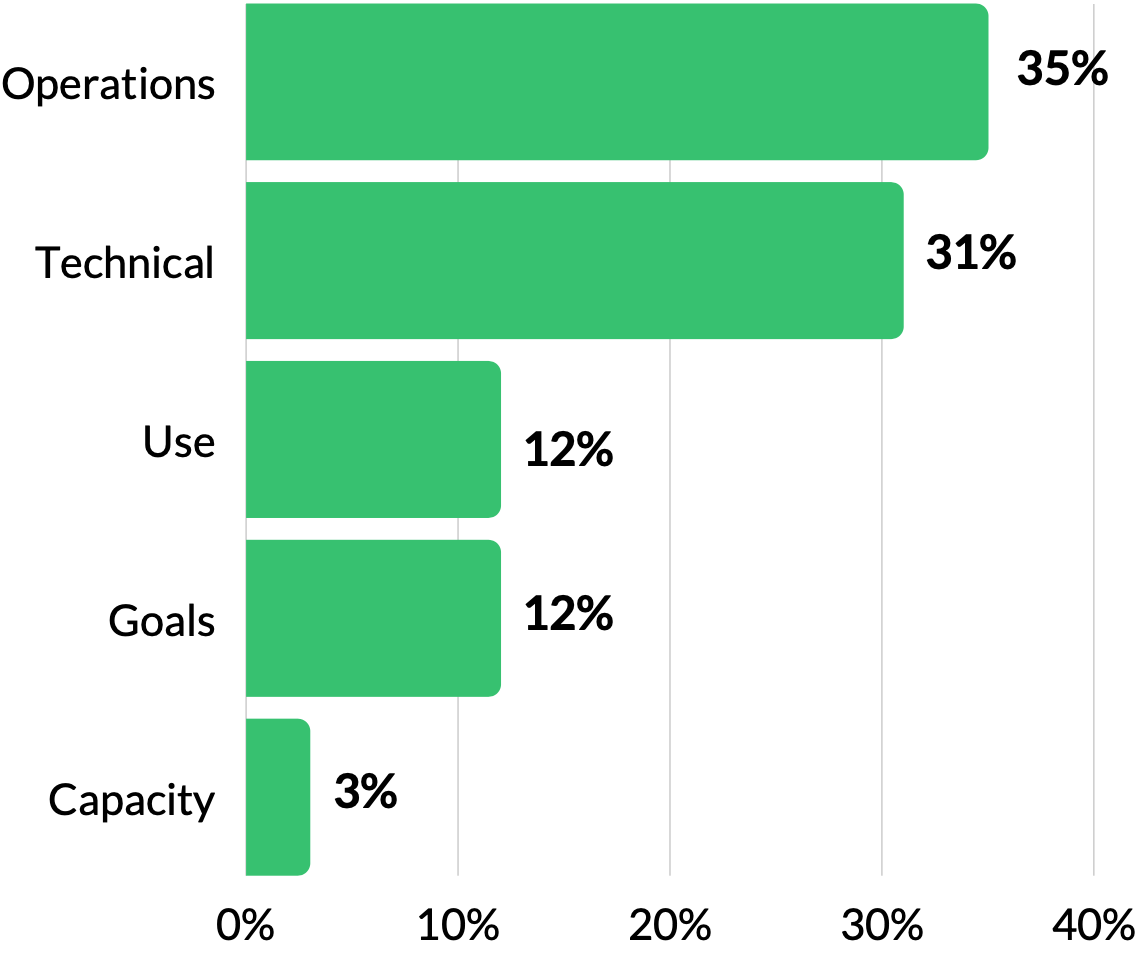Research Findings: Philanthropic Evaluation Policies
Background
Evaluation policies lay the foundation for virtually every aspect of evaluation practice. Despite their importance to commissioning, planning, implementing, and using evaluations, we know very little about these policies. To advance our understanding of evaluation policy, research-practitioners from the University of California, Los Angeles (UCLA) set out to identify existing evaluation policies in the U.S. philanthropic sector and learn about their content.
What did we study?
To focus this study, the top 50 foundations that invested most heavily in evaluation in 2013 and 2014 were identified using Foundation Center data. All evaluation grants awarded in those 2 years by each foundation were aggregated, resulting in 67 unique foundations. Then, a systematic review of 67 foundation websites was conducted to identify and catalog evaluation policies. Policies were systematically reviewed for insights on what they most, and least, frequently include.
Data set
12 philanthropic evaluation policies were identified.
| 1. Bill & Melinda Gates Foundation | 7. John D. & Catherine T. MacArthur Foundation |
| 2. The California Wellness Foundation | 8. Kansas Health Foundation |
| 3. David & Lucile Packard Foundation | 9. Rockefeller Foundation |
| 4. Doris Duke Charitable Foundation | 10. Skillman Foundation |
| 5. Duke Endowment | 11. Wallace Foundation |
| 6. James Irvine Foundation | 12. William and Flora Hewlett Foundation |
Findings
Of these evaluation policies, 35% detailed operational topics such as who is responsible for evaluation tasks. 31% of policies were dedicated to technical topics such as prescriptions for evaluation practice, including expectations for study designs and methods. Policies focused less on how to use evaluation findings (12%), goals for evaluation (12%), and capacity for evaluation (3%).
Note
Percentages do not add up to 100% because some policies focused on uncommon topics.
Topics found in policies